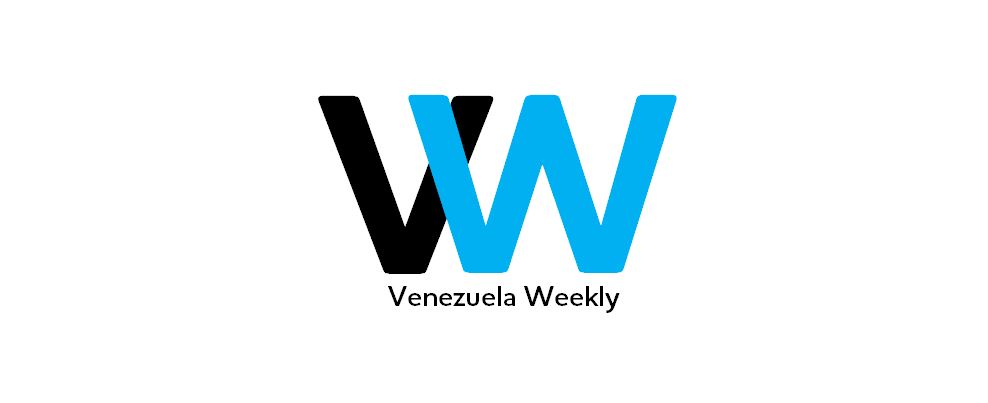[We will be taking a break next week but will publish the Venezuela Weekly again in third week of August.]
Venezuela’s main opposition parties announced that they would not participate in the December 6 legislative elections. In their statement they say they took this decision after all national and international efforts to secure an actually competitive electoral process were exhausted. They called on the “country’s social and political forces to join together in the construction of a new united pact and a new democratic offense” that will “rescue” Venezuela, but they have not presented any strategy yet. Pollster Luis Vicente León suggested it was understandable that the opposition declined to participate, but said “the question is still the same. After abstention, then what?”
Some minority opposition actors rejected the decision. Civil society organizations expressed their intention to fight for a credible electoral route and democratic solution. In the preceding days, political leaders such as ex-presidential candidate, Henrique Capriles, hinted that participating in December’s elections could be an option for the opposition to mobilize its followers and put pressure on the government.
Behind the opposition’s decision is confidence that their international supporters will not recognize the December election and continue supporting Guaidó as the country’s president. Special Representative for Venezuela Elliott Abrams told the U.S. Senate Foreign Relations Committee as much in a hearing on Venezuela on Tuesday.
- Trump’s handling of the Venezuela crisis received hard criticism from the Democrats. Senator Chris Murphy questioned the decision to continue recognizing Guaidó as the nation’s leader after the election. He said that “after a year and a half, Maduro is stronger, American influence is weaker, and there is no viable path to restore democracy in Venezuela.”
Negotiations
- The Guaidó-led opposition’s announcement that it would not participate in legislative elections put the kabash on hints that there was continuing negotiation, although some suggest there is still hope.
- Maduro government moved to house arrest two of the six former Citgo Petroleum Corp executives detained in Caracas since 2017. The development happens after the former New Mexico governor and U.S. ambassador to the United Nations, Bill Richardson, traveled to Caracas and spoke with Maduro about the executives’ release.
Covid-19
- Venezuela now has a total of 21,483 COVID cases and 181 deaths, but the situation has worsened significantly. In the past week, 29 Cubans returning from Venezuela have tested positive for Covid-19. The United Nations (UN) has expressed worries about the negative effects of the virus on health sector personnel, reporting 212 cases among health workers.
- Human Rights Watch, Johns Hopkins University’s Centers for Public Health and Human Rights and Humanitarian Health, and Women’s Link Worldwide asked the UN and member states to press the Maduro government to enable UN humanitarian agencies to fight COVID-19 in the country.
- Number two in the Maduro government, Diosdado Cabello, reappeared in public almost a month after announcing positive test results. Cabello apparently participated in a virtual meeting of the United Socialist Party of Venezuela (PSUV) on live state television. But there was no video and in the audio his voice and expression sounded completely different from normal, leading to widespread doubt regarding whether it was him.
Corruption
- Cape Verde has approved the extradition to the United States of Alex Saab, a businessman accused of money laundering and bribery schemes in Maduro government projects.
- International criminal investigations are trying to shed light on the international financial mechanisms that helped Venezuelan officials to hide their stolen wealth. Associated Press reported that Chávez’s former nurse purchased 250 gold bars valued at more than $9.5 million and stored them in a private vault in the tiny European principality, Liechtenstein.
Migration
- A recent regional survey about the status of Venezuelan migrants and refugees abroad shows they face extreme social, labor, and economic hardships during the pandemic. Similarly, NGOs denounce that Venezuelan women are vulnerable to labor and sexual exploitation, which has worsened during the pandemic.
- The Colombian authorities said that since the border closure with Venezuela in mid-March, more than 95,000 Venezuelan citizens had returned home. Authorities estimate that 1.7 million Venezuelans remain in Colombia. Venezuelan official sources claim that 72,517 have returned.
- Peru announced that it would permit Venezuelan health workers to join the Peruvian health system during the coronavirus pandemic without having to validate their degrees.


